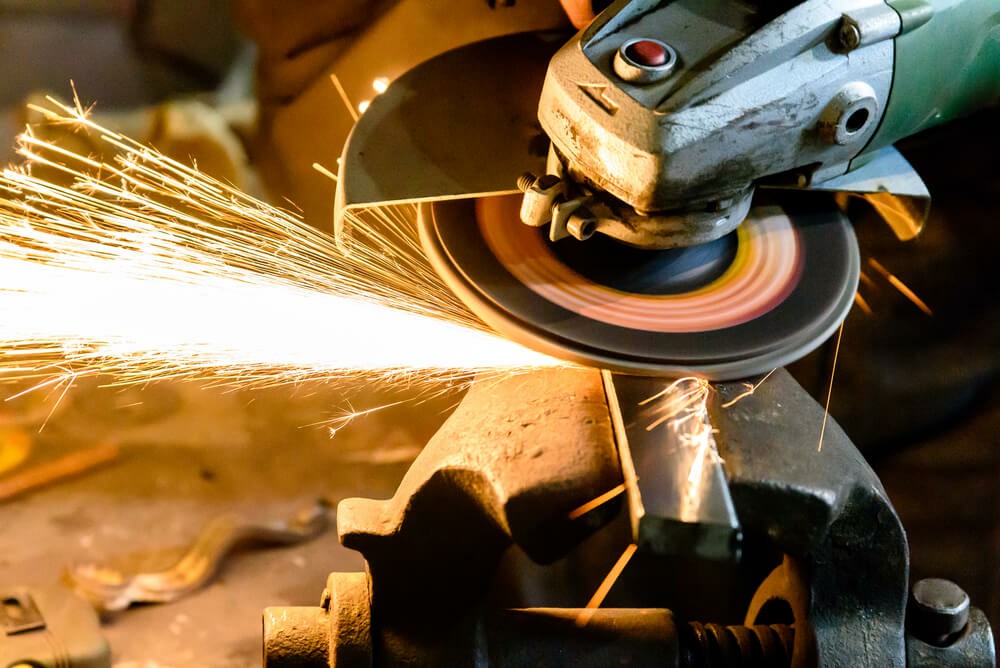Navigating the Risks of Abrasive Wheels: Essential Safety Practices for Irish Workplaces
Abrasive wheels are invaluable tools in many industries, from construction to manufacturing. However, with their benefits come significant risks. In this article, we will explore the various hazards associated with abrasive wheels in the workplace and how proper training and safety measures can mitigate these dangers.
Understanding Abrasive Wheels and Their Risks
Abrasive wheels are often used for cutting, grinding, and polishing various materials. While they enhance productivity, they can also cause severe injuries if proper precautions are not followed.
Common Risks Associated with Abrasive Wheels
- Wheel Breakage: One of the most significant hazards is wheel breakage, which can lead to shrapnel injuries if the part flies off at high speed.
- Improper Usage: Incorrect application or misuse of the equipment can result in accidents, often due to lack of understanding.
- Inadequate Personal Protective Equipment (PPE): Failure to wear appropriate PPE such as safety goggles, gloves, and protective clothing can result in serious injuries.
- Excessive Speed: Operating the wheel at excessive speeds can lead to dangerous situations, increasing the risk of wheel failure.
Common Injuries from Abrasive Wheels
Employees working with abrasive wheels are at risk of various injuries, including:
- Eye Injuries: Flying particles can cause serious harm to the eyes.
- Cuts and Lacerations: Contact with moving workpieces can lead to cuts and severe lacerations.
- Burns: Friction can cause burns from heat generated during the grinding process.
- Hearing Loss: Prolonged exposure to high noise levels can lead to hearing impairment.
Mitigating Risks: Best Practices
Adopting safety measures and procedures can drastically reduce the risk of injuries associated with abrasive wheels. Here are some industry best practices:
1. Proper Training
- Certified Training: Enroll in certified abrasive wheels training courses, particularly in cities like Dublin, Cork, Galway, and Limerick. Comprehensive courses teach the correct use of equipment.
- Regular Refreshers: Regular refresher courses ensure that employees stay updated on safety protocols.
2. Personal Protective Equipment (PPE)
- Invest in Quality PPE: Ensure that all workers wear appropriate PPE, including safety goggles, gloves, and noise-canceling headphones.
- Inspect PPE Regularly: Routine inspections of PPE can prevent failures during use.
3. Conducting Risk Assessments
- Regular Audits: Perform regular risk assessments and audits to identify potential hazards in the workplace.
- Document Findings: Maintain thorough records of risk assessments to track improvements and required actions.
Conclusion
The dangers of abrasive wheels are significant, yet manageable with the right precautions. By prioritizing comprehensive training, investing in high-quality PPE, and conducting regular risk assessments, companies in Dublin, Cork, Galway, Limerick, and throughout Ireland can create a safer working environment.
For those looking to improve workplace safety through training, consider enrolling in our Abrasive Wheels Course tailored for specific cities across Ireland. Stay safe, stay trained!



 349,500 Offered Certificates
349,500 Offered Certificates
 24/7 Online Training
24/7 Online Training
 Money Back Guarantee
Money Back Guarantee
 Fully Accredited Courses
Fully Accredited Courses
